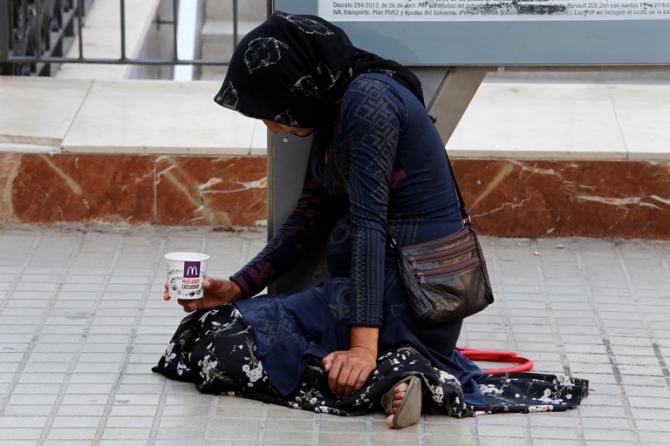
The latest book by Thomas Piketty, “Capital in the 21st Century” (“Le Capital au XXIème siècle” in the original French), is a monumental work on the evolution of income distribution in the past three centuries. The book was met with unprecedented enthusiasm upon its release earlier this year, reaching the top sales rankings on Amazon in the United States. Quite an achievement for a book of more than 700 pages (900 in the French edition), replete with figures, statistics and equations.
Piketty contributes to the debate on inequality and public policy in many ways, but besides the specific virtues (and flaws) of his work, he has the merit of having put the issue of inequality at the center of the policy and academic agenda. Conversely, the success of his work outside strictly academic circles is an indicator of today’s growing concern about increasing inequality.
It is widely established that inequality increased substantially, both in developed and emerging economies, starting in the late 1970s. Piketty himself, with various coauthors, has been working on the issue for a decade, and was later joined by the International Monetary Fund (IMF) and the Organization for Economic Cooperation and Development. In some countries, in particular in Europe and the US, the middle classes lost ground, while in others (eg, in most emerging countries) the very poor were hit hardest. But in all cases, the redistribution of wealth has benefited mainly the rich and the very rich (the top 1 percent of the population), giving birth to what Dew Becker and Gordon in 2005 defined as the “superstar economy.”
The 2008-2009 Global Financial Crisis brought income distribution and the issue of increasing inequality to the front of the policy debate. There are reasons to believe that the increase in inequality was one of the determinants of increasing imbalances in the world economy at the onset of the crisis. The crisis in turn deepened inequality, in a vicious circle that is imposing large social costs, especially in European countries.
But why did inequality increase in the first place? And what generated the vicious circle between economic performance and income distribution? What does this imply for the policies to be followed in the current situation and in the years to come? This essay will sketch an answer to these questions.







%20resized.png)
